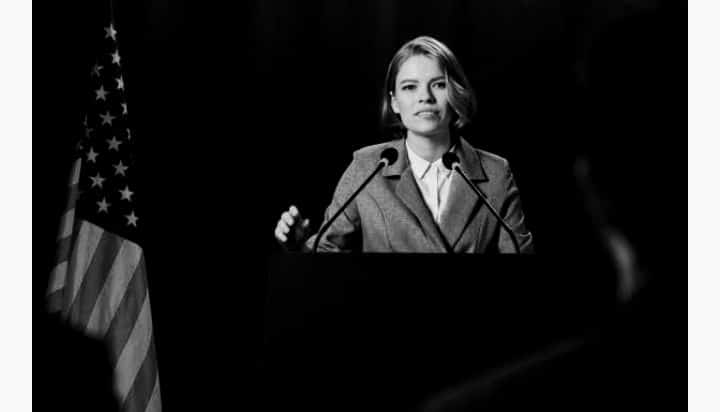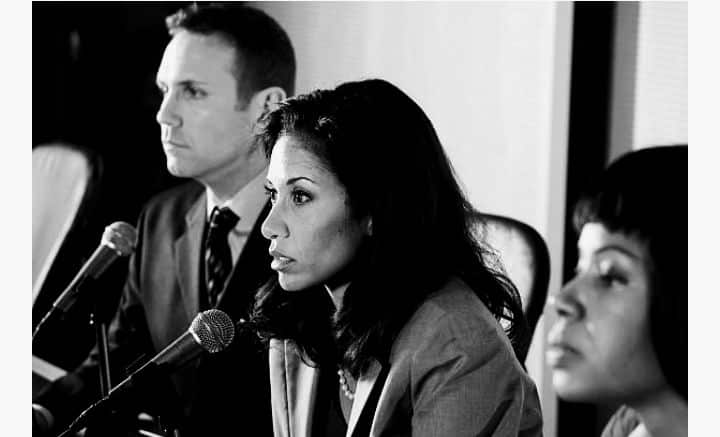Over the past century, women have made significant strides in politics, transitioning from marginalized voices to leaders shaping global policies. The journey of women into the political arena has been long and hard-fought, marked by advocacy for suffrage, greater representation, and leadership roles. Although remarkable progress has been achieved, significant challenges remain in attaining full gender parity in politics.

Historical Context
The global movement for women’s political rights began in earnest in the 19th and early 20th centuries with the fight for suffrage. Women in New Zealand were the first in the world to gain the right to vote in 1893, setting the stage for suffrage movements across Europe, the Americas, and other parts of the world. By the mid -20th century, many countries, particularly in the West, had granted women the right to vote and stand for election.
However, political participation did not immediately follow, with women often facing cultural and institutional barriers that kept them from rising to significant political office. It wasn’t until the latter half of the 20th century, during the wave of feminist movements, that women began to see larger gains in political representation. The rise of influential female leaders such as Indira Gandhi in India, Golda Meir in Israel, and Margaret Thatcher in the United Kingdom paved the way for others, signaling the potential for women to hold the highest offices.
Progress in the 21st Century today, women’s representation in politics is at an all-time high, though it remains uneven across the globe. According to the Inter-Parliamentary Union (IPU), as of 2023, women make up around 26.5% of national parliaments globally. Some countries have seen exceptional advancements; for example, Rwanda has over 60% of parliamentary seats held by women, thanks in part to gender quotas enshrined in law.
Nordic countries also lead in women’s political participation, with countries like Sweden, Finland, and Iceland maintaining a balanced representation in their parliaments. In terms of leadership roles, the number of female heads of state and government has gradually increased. Women like Angela Merkel of Germany, Jacinda Ardern of New Zealand, and Ellen Johnson Sirleaf of Liberia have been noted not only for their leadership but also for advocating gender-sensitive policies in areas such as healthcare, education, and social welfare.

The Importance of Women’s Political Representation women’s political participation is not only a matter of equality but is also essential for the creation of more inclusive and effective governance. Research shows that women in politics tend to prioritize issues such as healthcare, child care, education, and women’s rights, which are often overlooked in male-dominated governments. Additionally, women leaders are more likely to promote policies that address gender disparities, such as combating gender-based violence and promoting women’s economic empowerment.
Furthermore, the presence of women in politics can serve as an inspiration for future generations. Role models like Kamala Harris, the first female Vice President of the United States, and Sanna Marin, the Prime Minister of Finland, demonstrate to young girls and women worldwide that they, too, can aspire to the highest levels of political leadership.
Challenges and Barriers.
Despite the progress, women still face a multitude of challenges in politics. Gender stereotypes and biases persist, often framing women as less capable or suitable for leadership roles compared to men. Women politicians are often subjected to greater scrutiny regarding their appearance, family life, and behavior. Moreover, they face a higher incidence of online harassment and violence, with many female politicians being the target of misogynistic attacks that seek to undermine their authority.
The underrepresentation of women in political parties and leadership positions also continues to be a significant issue. Many political systems remain dominated by male networks, which can hinder women’s ability to rise through the ranks. In addition, women often find it more difficult to secure campaign funding, which is essential for running successful political campaigns.One of the structural barriers to women’s political participation is the lack of gender quotas in many countries. Gender quotas have proven to be an effective tool for increasing female representation, as seen in countries like Rwanda, Argentina, and Spain. However, their adoption is still met with resistance in many places, particularly where traditional and patriarchal values prevail.
Looking Forward addressing the gender gap in politics will require concerted efforts from governments, political parties, and civil society. Policies that promote gender equality, such as gender quotas, equitable access to campaign financing, and anti-harassment legislation, are critical. Equally important is the need to challenge societal norms that perpetuate gender stereotypes and create barriers for women aspiring to political office.
The future looks promising, with growing awareness of the need for gender-balanced governance and the emergence of more women leaders globally. However, achieving full gender parity in politics will require sustained advocacy, policy changes, and cultural shifts.As women continue to rise in political arenas around the world, their voices will contribute to more inclusive and representative governance. The journey is far from complete, but the progress made thus far gives hope for a future where women’s participation in politics is the norm, not the exception.

The involvement of women in politics is essential to creating a more equitable and inclusive world. While significant strides have been made, women still face considerable obstacles in attaining leadership roles and full representation. Overcoming these barriers will require structural changes, the adoption of gender-sensitive policies, and a cultural shift toward valuing women’s contributions to governance. As the global political landscape continues to evolve, the role of women will remain crucial in shaping more just and progressive societies.




